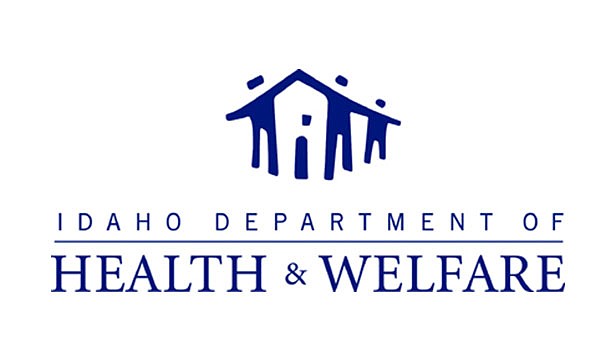First probable monkeypox case reported in Idaho
Idaho Division of Public Health and Central District Health are announcing the first probable case of monkeypox in an Idaho resident.
The investigation is ongoing, but it appears this infection was acquired during travel to a country experiencing a monkeypox outbreak. State and local public health officials are working with the patient’s healthcare providers and the Centers for Disease Control and Prevention (CDC) to ensure that the patient is treated and that any potential contacts are identified and notified. The patient, who lives in the Central District Health area, is recovering.
Testing for initial identification was performed at the Idaho Bureau of Laboratories, and samples are being sent to CDC for confirmation of the monkeypox virus; results from CDC are expected in the next few days.
Monkeypox usually causes a mild illness, and most people recover on their own. Antivirals are available through the federal government for patients who might have severe disease or develop complications. Individuals with monkeypox should isolate until their lesions have healed.
Monkeypox disease is caused by the monkeypox virus, which is usually found in several countries in Africa. An international outbreak was first reported in May 2022, with most of the cases likely from the virus spreading between people. As of July 5, over 6,000 cases of monkeypox have been reported outside of Africa, including 560 cases in the United States. None of the people identified with monkeypox in the United States have died.
“This is a virus that does not naturally occur in the United States,” said Victoria O’Dell, staff epidemiologist with Central District Health. “The cases we have seen in the U.S. and the one possible case in Idaho have been associated with international travel or importing animals from areas where the disease is more common.”
Monkeypox is contagious and spreads between people primarily through direct contact with infectious sores, scabs, or body fluids. It can also spread through respiratory droplets during prolonged, face-to-face contact. Some people will have flu-like symptoms — such as a fever, body aches, and chills — and may have swollen lymph nodes in the days before a rash appears. The rash may start on any body part as small, red spots. They can become firm and circular with a defined border, and may become pus-filled with an indentation (like a dot) in the middle. Someone with monkeypox is contagious from the time their symptoms begin until all lesions have healed and fresh skin has formed.
“We are reminding people to look out for new spots, ulcers, or blisters on any part of their body,” said Dr. Christine Hahn, public health medical director and state epidemiologist. “If anyone suspects they might have monkeypox, particularly if they have recently had a new sexual partner, they should limit their contact with others and contact their healthcare provider as soon as possible--although please phone ahead before going in person.”
People who may be at higher risk of monkeypox include anyone who has had contact with someone with a rash that looks like monkeypox, had skin-to-skin contact with someone in an environment with monkeypox activity, traveled outside the U.S. to a country with confirmed cases of monkeypox, had contact with a dead or live animal that is found in Africa, or has used a product derived from such animals. Some of the ways you can help prevent infection with monkeypox virus include:
Wash your hands, especially after contact with possibly infected people (or animals) and contact with materials like bedding that have touched any lesions.
Limit direct contact with anyone who has a new rash.
Stay home except for medical appointments if you have a new rash.
Isolate from household members and pets if you have a new rash.
Wear personal protective equipment if caring for someone with monkeypox.
Avoid contact with animals or animal products from central and west Africa. No animals in the United States are known to have been infected with the monkeypox virus in this outbreak.
As with any new disease outbreak, the risk of stigma and uncertainty is great. Public health officials are working alongside CDC, sexual health clinics, and community organizations throughout Idaho to share accurate information about monkeypox — especially to people and groups at increased risk — through representative voices.
For more information about monkeypox, please visit: https://www.cdc.gov/monkeypox
The Idaho Department of Health and Welfare is dedicated to strengthening the health, safety, and independence of Idahoans. Learn more at healthandwelfare.idaho.gov.

